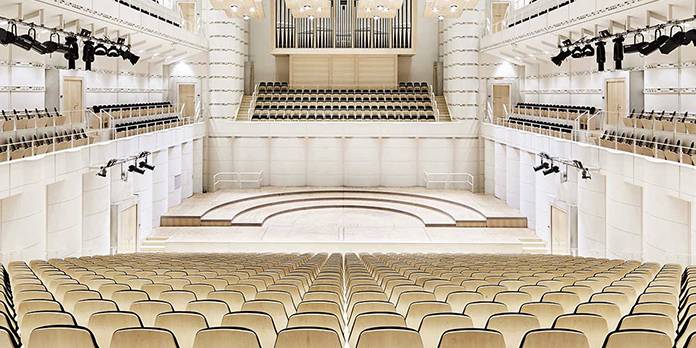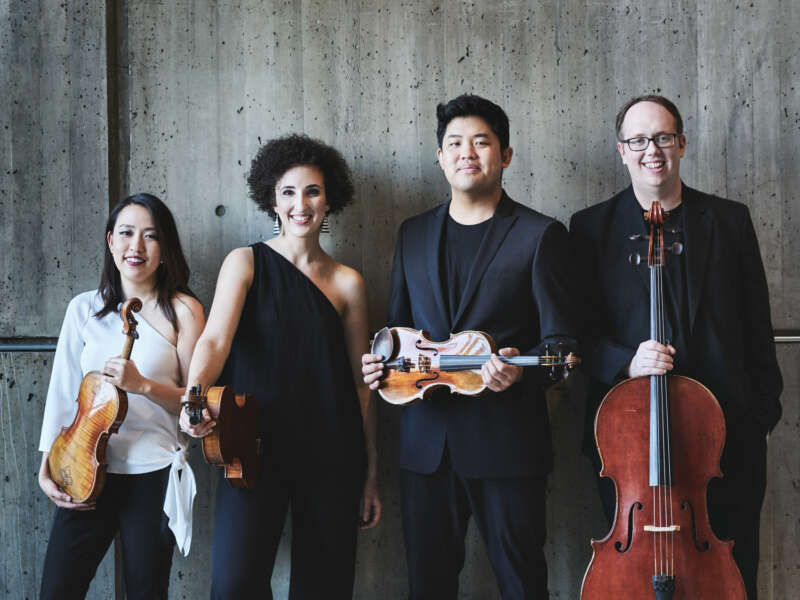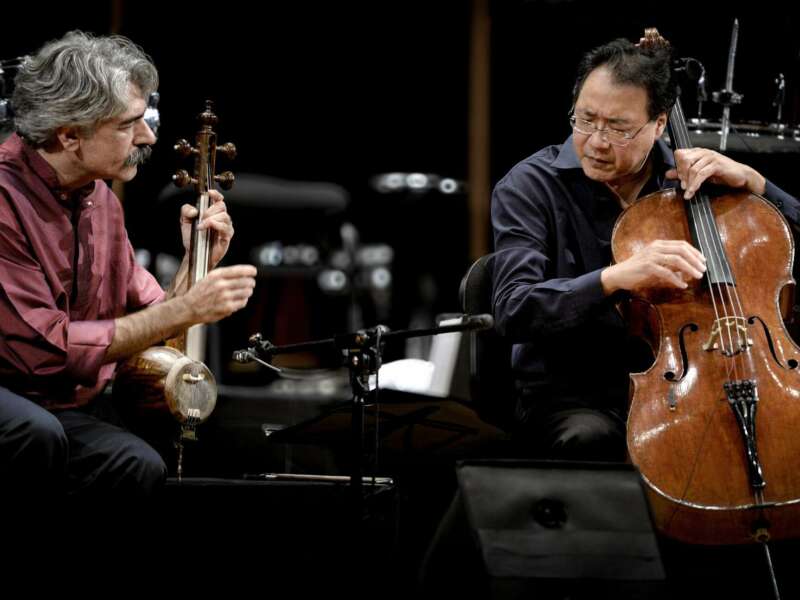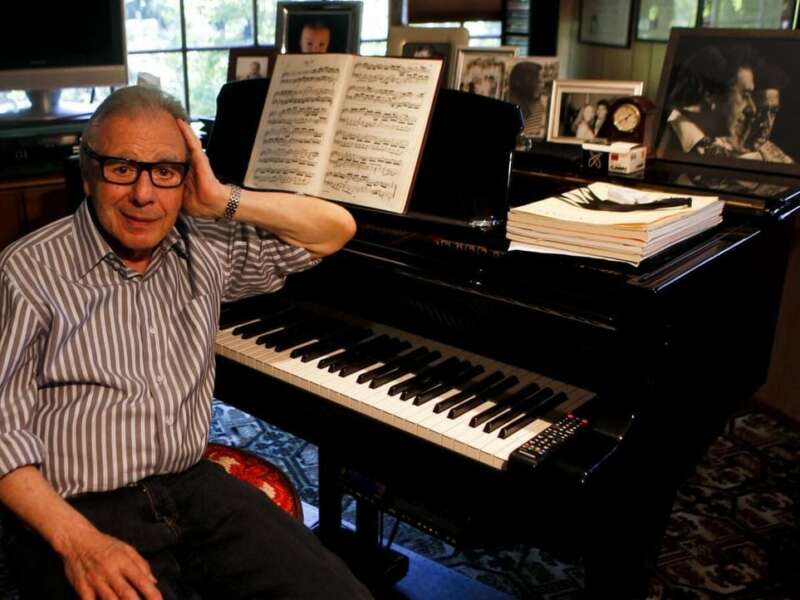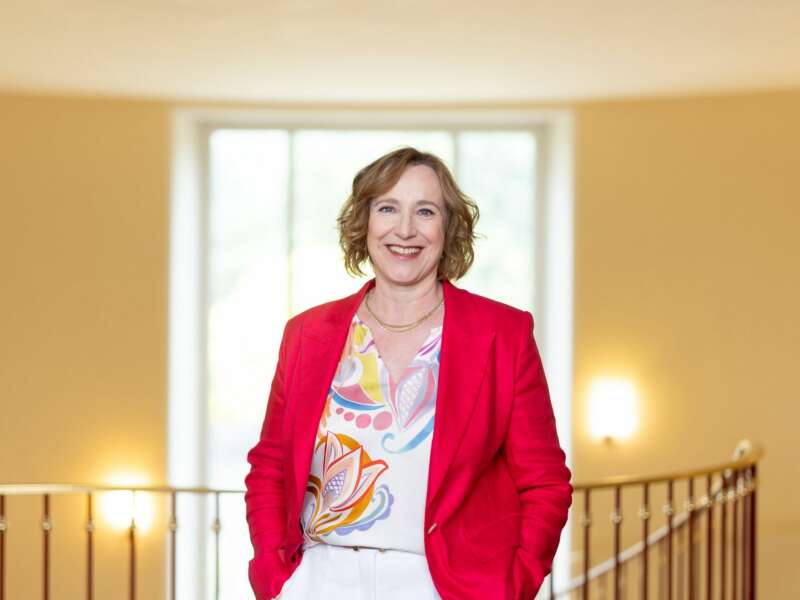Classical Music News
Study Reports Concert Halls can Reopen Safely at 50%
2 MIN READ
The results were endorsed by Germany's Federal Environment Agency, whose director said, “this is exactly the kind of information we need"
A study conducted by the Fraunhofer Heinrich Hertz Institute at Germany's Dortmund Concert Hall, concluded that by following certain guidelines, some concert spaces may reopen.
The Dortmund Concert Hall is able to seat 1,550 people and the results of this study are intended to be applied to any space of similar size or condition.
The rules for opening are as follows:
- With a mask, and with a sufficient supply of fresh air via the existing ventilation and air conditioning system, there was practically no influence of test aerosols on any of the neighboring places from an emitting test person during the tests. The large room volume already ensures a strong dilution of contaminated aerosols, and due to the supply and extraction air operation of the ventilation system without recirculation function, aerosols are effectively removed in all areas and cannot accumulate.
- Without a mask, the seat directly in front should be kept free. With the remaining neighboring seats, infection is very unlikely. A checkerboard seating arrangement of the auditorium is recommended in any case.
- Greater number of people in the auditorium does not disturb the upwards air flow, but rather promotes it through additional thermal effects.
- Wearing masks is always necessary in corridors, in break areas, and in the foyers, as the ventilation system works differently here than in the auditorium (where air escapes through the ceiling) and where close contact cannot be ruled out. During breaks all doors to the auditorium should remain open to allow for additional crossflow ventilation.
- The concert hall cannot trigger a super-spreading event with the existing ventilation in place (with a complete air exchange with fresh, outside air every 20 minutes).
- CO2 measurements during operation can help to better assess the dispersion of airborne particles in the auditorium.
According to a press release, the Fraunhofer Heinrich Hertz Institute said, "With our study, we want to contribute, to help ensure that concert halls and theaters can again admit sufficient audiences when they reopen."


